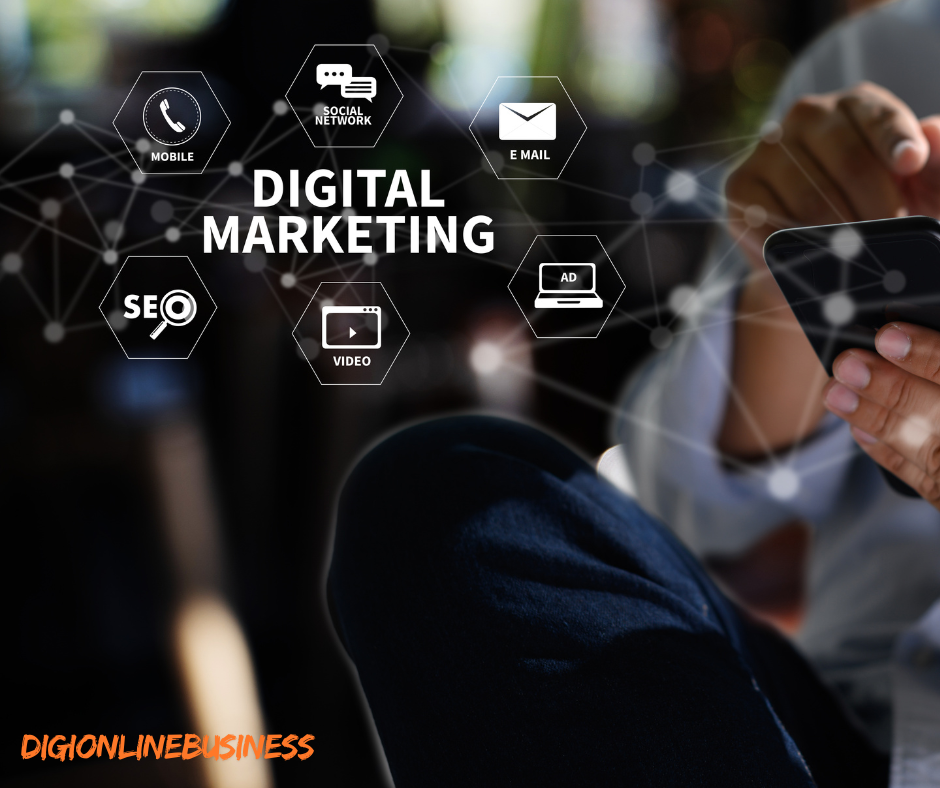The Impact of Digitalization on MSME Market Access
MSMEs, or Micro, Small, and Medium Enterprises, play a crucial role in driving economic growth and creating job opportunities globally. However, one of the main challenges faced by MSMEs is limited market access. Digitalization has been a game-changer in this regard, offering countless opportunities for MSMEs to expand their market reach and grow their businesses.
With the advent of digital technologies, MSMEs now have the ability to showcase their products or services to a global audience with just a few clicks. Through websites, social media platforms, and online marketplaces, MSMEs can reach potential customers not only in their local communities but also around the world. This has significantly widened their customer base and increased their sales potential.
Furthermore, digitalization has helped MSMEs enhance their visibility and credibility in the market. By having a strong online presence, MSMEs can build trust with consumers, establish their brand identity, and differentiate themselves from competitors. This increased visibility can lead to more opportunities for collaborations, partnerships, and expansion into new markets.
Another key benefit of digitalization for MSME market access is the ability to gather valuable data and insights. Through analytics tools and online marketing platforms, MSMEs can track customer behavior, preferences, and trends in real-time. This data-driven approach allows MSMEs to make informed decisions, tailor their products or services to meet customer needs, and stay ahead of the competition.
Moreover, digitalization has revolutionized the way MSMEs engage with their customers. With the rise of e-commerce platforms, mobile apps, and digital payment systems, MSMEs can offer seamless and personalized shopping experiences to their customers. This convenience and accessibility have not only attracted new customers but also fostered loyalty and repeat business.
In conclusion, the impact of digitalization on MSME market access cannot be overstated. It has transformed the way MSMEs do business, opening up new possibilities for growth, innovation, and success. By leveraging digital technologies effectively, MSMEs can overcome traditional barriers to market access, reach a wider audience, and thrive in today’s competitive business landscape.
Enhanced Marketing and Promotional Strategies
With the advent of digitalization, MSMEs now have a powerful tool at their disposal to enhance their marketing and promotional strategies. Online platforms such as social media, search engines, and websites provide MSMEs with the opportunity to reach a wider audience and target their marketing efforts more effectively.
Through targeted advertising campaigns on platforms like Facebook, Instagram, and Google, MSMEs can tailor their messages to specific demographics, interests, and behaviors, ensuring that they are reaching the right people with the right message. This increased level of personalization can lead to higher conversion rates and a more cost-effective use of marketing resources.
In addition to targeted advertising, digital platforms also enable MSMEs to engage in content marketing, influencer partnerships, and email campaigns to further promote their products or services. By creating valuable and engaging content, MSMEs can attract and retain customers by providing them with relevant information and building trust and credibility.
Furthermore, digital platforms allow MSMEs to track the performance of their marketing campaigns in real-time, providing valuable insights into what is working and what is not. By analyzing data on website traffic, social media engagement, and email open rates, MSMEs can make informed decisions on how to optimize their marketing strategies for better results.
Overall, digitalization has revolutionized the way MSMEs approach marketing and promotion, providing them with new tools and opportunities to expand their reach and grow their businesses.
Improved Customer Engagement and Communication
One of the key benefits of digitalization for MSMEs is the ability to improve customer engagement and communication. Digital tools such as social media, email marketing, and chatbots enable businesses to reach their target audience in real-time and in a more personalized manner.
Social media platforms like Facebook, Instagram, and Twitter allow MSMEs to interact with their customers, share updates about products or services, and address any queries or concerns that customers may have. With the use of social media analytics, businesses can also track customer preferences and behavior, allowing them to tailor their marketing efforts accordingly.
Email marketing is another powerful tool that MSMEs can use to communicate with customers. Through personalized email campaigns, businesses can send promotional offers, product updates, or newsletters directly to their customers’ inboxes. This helps in building brand loyalty and keeping customers engaged with the business.
Chatbots are another digital tool that can enhance customer communication for MSMEs. These AI-powered assistants can provide instant customer support, answer frequently asked questions, and even assist customers with making purchases. By implementing chatbots on their websites or social media pages, MSMEs can provide round-the-clock customer service without the need for human intervention.
Overall, improved customer engagement and communication through digital tools can lead to increased customer satisfaction, loyalty, and retention for MSMEs. By leveraging these tools effectively, businesses can strengthen their relationships with customers and expand their market reach.
Streamlined Operations and Increased Efficiency
One of the key benefits of digitalization for MSMEs is the ability to streamline their operations and increase efficiency. By adopting digital tools and technologies, MSMEs can automate repetitive tasks, such as inventory management, invoicing, and customer service, which can help save time and reduce human error. This automation not only speeds up processes but also allows businesses to allocate their resources more effectively, resulting in cost savings and improved productivity.
Furthermore, digitalization allows MSMEs to analyze data in real-time, providing valuable insights into their business performance. This data-driven approach enables businesses to make informed decisions quickly, optimize their operations, and respond promptly to market trends and customer demands. For example, with the help of digital analytics tools, MSMEs can track sales metrics, customer behavior, and market trends, allowing them to adjust their strategies and offerings accordingly.
In addition, digitalization facilitates better communication and collaboration within MSMEs, as well as with external partners and customers. By using digital communication tools, such as email, instant messaging, and video conferencing, businesses can streamline their communication processes, improve coordination between teams, and enhance customer service. This enhanced communication and collaboration can lead to faster decision-making, improved problem-solving, and increased customer satisfaction.
Overall, by streamlining operations and increasing efficiency through digitalization, MSMEs can not only reduce costs and improve productivity but also enhance their competitiveness in the market. Embracing digital technologies can give MSMEs the tools they need to adapt to changing market conditions, seize new opportunities, and grow their business in a sustainable and scalable manner.
Potential Challenges and Solutions
One of the major challenges that MSMEs face in the digital age is cybersecurity threats. With an increasing reliance on digital tools and platforms, MSMEs are at risk of falling victim to cyber attacks such as phishing, malware, and ransomware. These threats can compromise sensitive business information, leading to financial losses and damage to reputation. To address this challenge, MSMEs can invest in robust cybersecurity measures such as encryption, firewalls, and security software. Additionally, training programs can be implemented to educate employees on best practices for safeguarding sensitive data and identifying potential security breaches.
Another common challenge for MSMEs in adopting digitalization is the digital skills gap. Many MSMEs may lack the technical expertise required to effectively utilize digital tools and platforms, hindering their ability to compete in the digital market. To bridge this gap, MSMEs can provide training programs for their employees to develop digital skills and enhance their understanding of digital technologies. Furthermore, partnerships with educational institutions or digital training providers can offer tailored programs to equip MSMEs with the necessary skills to thrive in the digital landscape.



